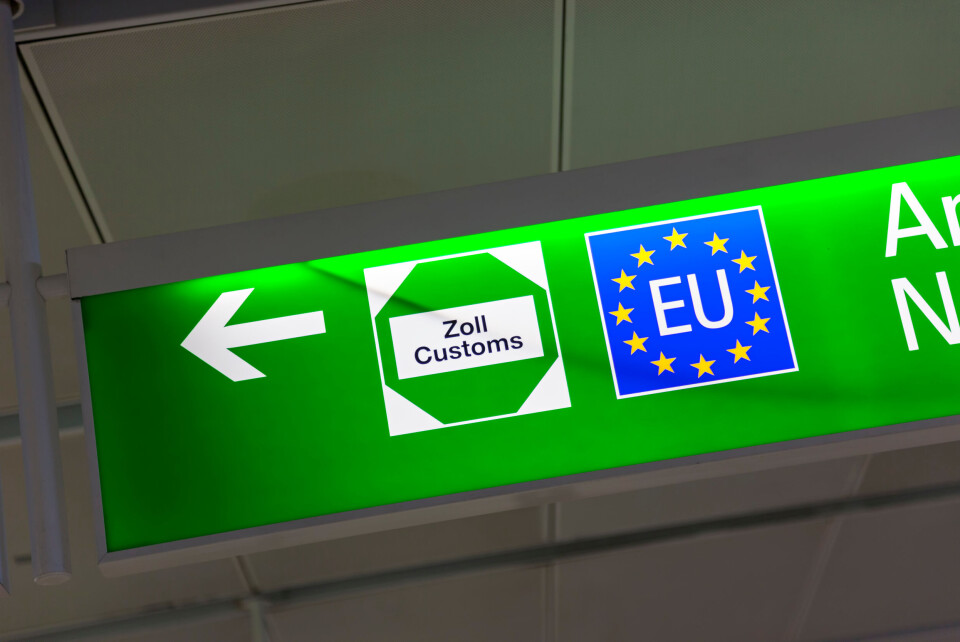-
Germany to prolong EU border checks: how travel from France is affected
Checks at land borders will take place until at least September 15, 2026
-
EES: Why am I fingerprinted every time at Nice airport?
Phase-in period is continuing and technical improvements are still awaited
-
EES: Delay for British and American residents to use French passport e-gates
Phased rollout of checks set to reach full operation by April, with 'partial suspensions' possible over summer
Longer waiting times expected due to new EU border checks
Officials are warning travellers could face significantly increased waiting times following the introduction of new border checks next year

EU member states are warning of significantly increased waiting times for travellers when the bloc’s Entry/Exit System (EES) is introduced next year, according to comments compiled by the General Secretariat of the Council of the EU.
This comes as French airports also warn that the implementation of the system will be “complicated” and result in longer queues at border control for non-EU arrivals.
Read also: French airports worried about extra waiting due to EU Entry/Exit plan
Read also: New EU border checks for entry to France: plans at standstill in UK
EES, which is set to come into effect in May 2023, will record at the border their name, type of travel document, biometric data (fingerprints and facial images) and date and place of entry and exit, automatically calculating the amount of time they are permitted to stay in the Schengen area.
The collection of biometric data will only happen on the first occasion that someone enters the EU (after the new system launches). The information will then be saved for three years. Officials have suggested that distinguishing between those who need to record their data and those who do not – including EU citizens and permanent residents – may cause confusion and delays.
In addition, from the end of next year, when a person travels to, for example, France from outside the EU, they will need to apply for prior entry authorisation through Etias via an online form. Etias will then check their details against EU information systems.
This will cost €7 for authorisation lasting three years, with under-18s and the over-70s exempt from paying.
EU member states’ feedback on EES system tests run so far suggest that border processing times will increase. Germany, for example, warns that some of its airports will need to find ways to increase their immigration check capacity.
Austria has said that waiting times will double when the biometric system comes into force.
The Slovenian authorities, meanwhile, have predicted that the introduction of EES will mean that passport checks take four times longer than they do now.
EU countries have, however, largely stated that they are planning to automate border controls by using e-gates, which should speed up the process somewhat.
Related articles
Guide dog owners continue to fight Brexit pet travel rules EU-UK
What is the EU’s incoming Etias travel authorisation scheme?
Eurostar says response times improving after customers report issues
























